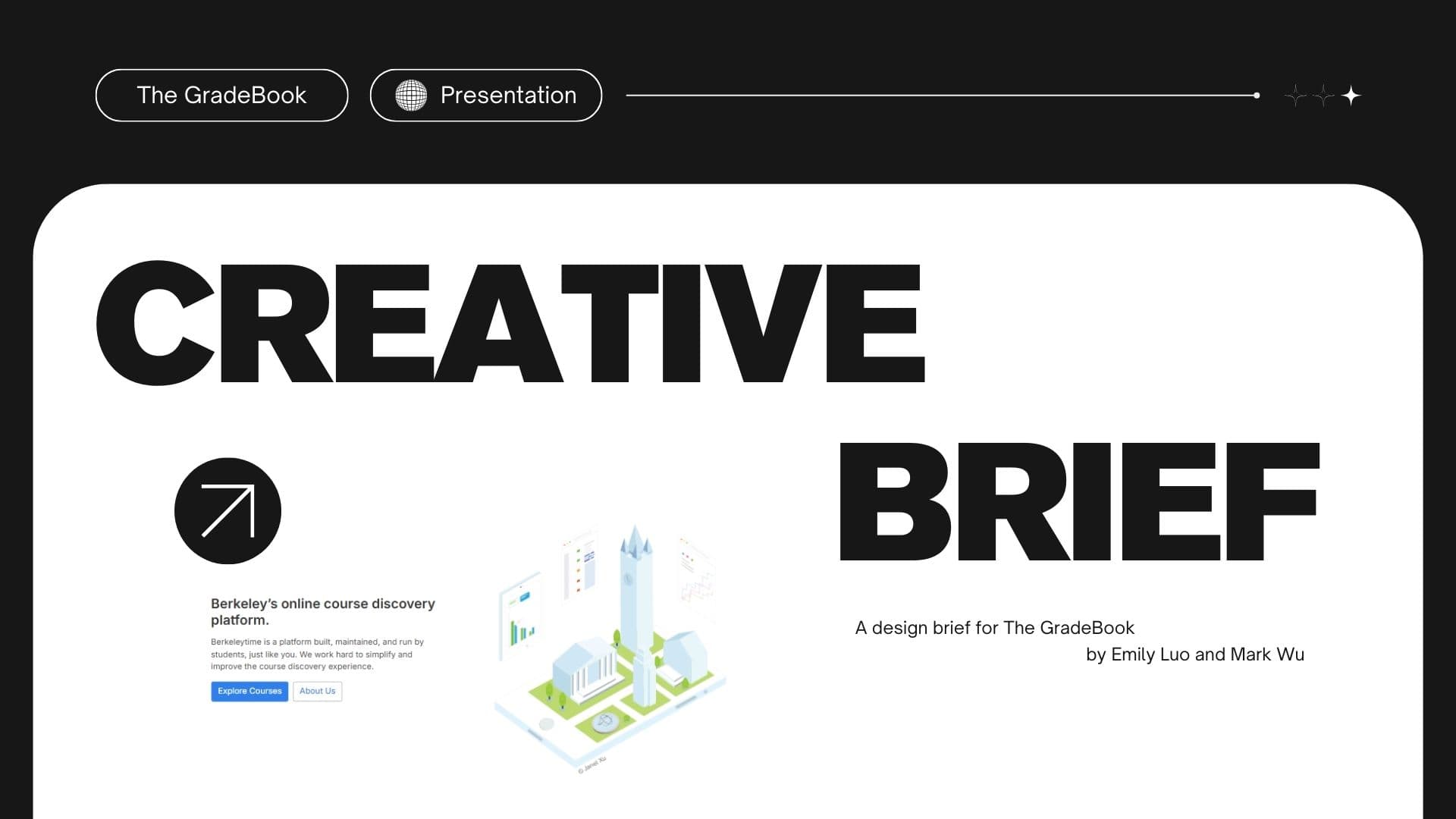IB Design Cycle Documentation
Criterion A – Inquiring & Analyzing
A1 – Identify the problem & justify the need
High school students are required to select courses at the start of the academic year, and this important decision is met with inadequate resources in many cases. Existing resources such as course catalogs and brief descriptions are insufficient for informed decision-making. They are often outdated and often doesn't match course content or describes it in vague terms without clarifying workload intensity, teaching style, or student experiences.
As a result, students frequently rely on informal networking—asking peers, siblings, or upperclassmen—to gather insights. This information flow is inconsistent, biased, and limited, leaving students without a dependable basis for making choices. The lack of a standardized, transparent source of feedback and information leads to many students selecting courses that do not match their learning style, expectations, or academic goals. This mismatch often leads to frustration, lowered performance, and course-switching after the school year begins, which disrupts academic progress.
Therefore, there is an unmet need for a structured, accessible, up-to-date, and student-generated platform that offers authentic student feedback on both courses and teachers. Such a system would benefit all students by providing reliable information, reducing course mismatches, and helping students make choices aligned with their academic and personal goals.
A2 – Research the problem
First survey: surveyed population: 8 senior, 2 junior, 2 sophomore
Raw Data:
Observed data from result: 0% of sophomores have problems with course selection but half of them switched classes
100% of juniors have problems with course selection and half of them switched classes
50% of seniors have problems with course selection, and of the 50% that have problems 50% have switched classes, while the other 50% that don't have problems 100% switched classes
A3 – Analyze existing solutions
| Categories | BerkeleyTime | RateMyTeachers |
|---|---|---|
| Who’s the target audience/ | UC Berkeley students planning their courses and exploring professors. | Middle school and high school students seeking peer opinions about teachers. |
| What’s the problem being addressed? | Lack of easy access to grade distributions and class information in the official university system. | Lack of transparency about teachers and teaching styles in secondary schools. |
| What’s unique about it? | Uses official grade data presented in clean, visual charts. | Allows student driven qualitative feedback on teachers in a centralized space. |
| Strength: | ||
| Weakness: | ||
| What would you change? | Add student comments in a moderated way to give context beyond grades. This can help students better understand the class. Most class descriptions only have what teachers right and not feedback about the class. | Add grade data or workload indicators to complement reviews; improve moderation. This will help students decide whether or not this class will be too difficult for them. |
| What’s the take away? | Official, visual data builds trust and usability. It brings authenticity to each review. Ultimately, this will help students understand what each class is like | Student voices are valuable but need structure moderation and balance with data. Remove all ads. |
| Screenshots |   |  |
A4 – Design brief






